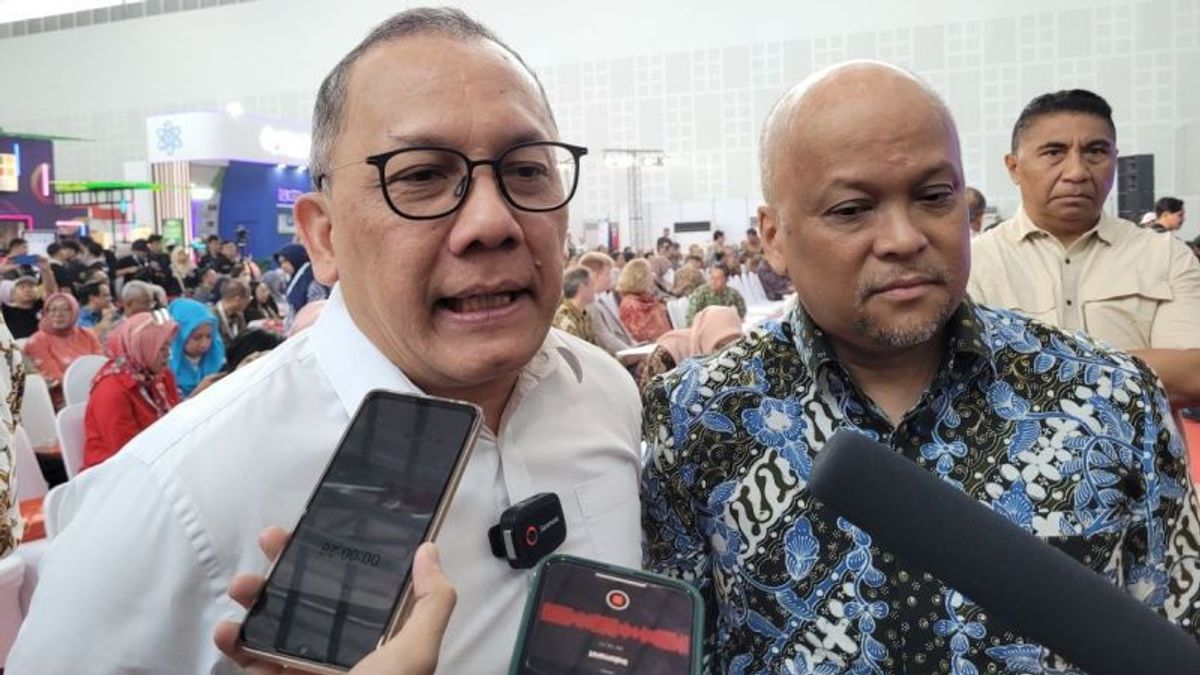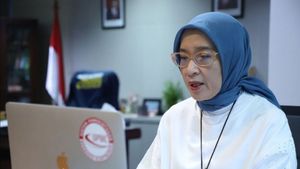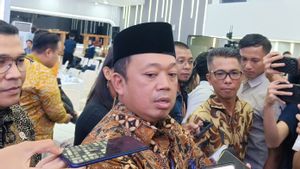JAKARTA - The National Research and Innovation Agency (BRIN) ensures that the storage of archaeological collections or artifacts in the Soekarno, Cibinong, Bogor, West Java Science and Technology Area (KST) is safe and meets global standards.
"We have to make sure this collection is not damaged due to environmental factors such as heat, rain, or humidity. This storage process is the first step to ensure that the collection can last for the next hundreds of years," said Head of BRIN Laksana Tri Handoko through an online scientific collection talk. monitored online in Jakarta, Antara, Monday, December 2.
Laksana ensures that the storage of artifacts at the Hayati Collection Building in the KST Soekarno area is safe and according to standards.
This is because this facility has been designed to meet the global standards of scientific object storage, equipped with a temperature, humidity, and other protection system that is important to maintain the integrity of the collection.
BRIN, he continued, is also planning the construction of a special building to store archaeological scientific collections, including ancient manuscripts and cultural artifacts, which are targeted to start construction next year.
According to Handoko, this is an effort made to convince all countries in the world that Indonesia is able to store and manage its archaeological collections.
"The cultural object belongs to the Indonesian nation. So, our focus, our concentration, the main thing is how this country ensures that these objects can be preserved," he said.
Handoko added that the country's ability to store and manage its archaeological collection is one of the supporters in efforts to recover Indonesian archaeological objects from museums and research institutions abroad such as the UK and the Netherlands.
"It's funny that these friends have to go to the Netherlands, to Leiden, for example. That's really strange, even though they are our belongings," he continued.
Therefore, Handoko emphasized that the storage and management of archaeological collections is one of the main priorities carried out by BRIN in this regard, because these artifacts do not only belong to Indonesia, but also become a legacy of the world community that must be preserved.
SEE ALSO:
"This collection is not just an object of death, but saves stories and cultures that can enrich the nation's identity. With in-depth research, this collection can be an important part of people's culture," said Laksana Tri Handoko.
The English, Chinese, Japanese, Arabic, and French versions are automatically generated by the AI. So there may still be inaccuracies in translating, please always see Indonesian as our main language. (system supported by DigitalSiber.id)


















